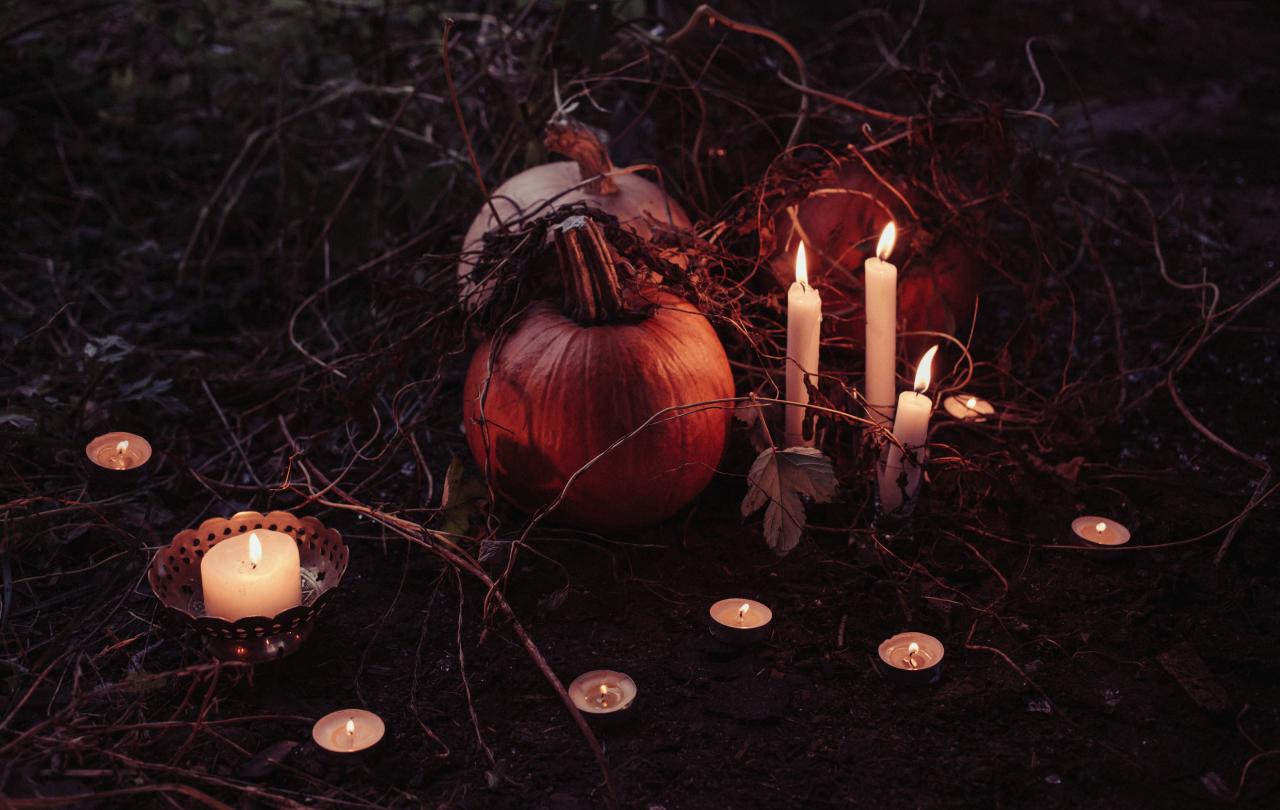
Nigel Farage is best known for dividing opinion. It is for a politician like Mr Farage that we adapted ‘Marmite’ from a noun to an adjective - people either love or hate him. I’d like to think of myself as an elevated individual, floating above the fray of yeast-based debate with grace and equanimity. I find Mr Farage funny, because he is. I dislike much of what he stands for, because it is unlikable. It all balances out. I neither love nor hate him. I see him as a, somewhat amusing and somewhat problematic, bit of topography on the political map. I can’t really bring myself to have any feelings towards him which are stronger than a chuckling-wincing-indifference.
Others, it would seem, have more passion. On Tuesday, Mr Farage was doused in milkshake; ‘vanilla’, intrepid journalists reported. The response was immediate. Howls of laughter from those who find Mr Farage odious. Fulmination from those who support him. Claims of a ‘false flag operation’ from some. Shouts about ‘political violence’ and a ‘slippery slope’ from others. Much like the man, the milkshake roused the commentariat into absolute histrionics. Who on earth is right?
The latter group.
Obviously!
Shock often elicits a laugh - a way of softening the tension one finds themselves inhabiting. It doesn’t mean the joke is funny. The milkshake wasn’t funny, however much some forcibly bray with laughter. It was an unkind, juvenile, contradictory act of foolishness from someone who seems to believe that true political engagement is dairy-based. It was also an attempt to set a precedent which no civilised person can accept. Those shouting about the ‘slippery slope’ are correct, for the ‘slippery slope’ is simply a phrase which is synonymous with the concept of ‘precedent’.
I do not mean that we must treat our political class with kid gloves. We must interrogate their platforms, positions, and policies with rigour.
Precedents’ are fundamentally progressive. You set a precedent for something, and soon people wish to argue for a precedent which goes further. Be under no illusion, milkshake can very quickly become a much nastier and more dangerous liquid in the minds of many. The principle that those who are standing for elected office must be treated with absolute respect is one which is either absolute or non-existent. There is no in-between.
I do not mean that we must treat our political class with kid gloves. We must interrogate their platforms, positions, and policies with rigour. If they propose an idea which we find deficient or problematic (or even odious!) then we must hold them to account and demand an explanation. This is the right (perhaps even the duty?) of all engaged in the democratic process. We can never, however, allow our passion and consternation to devolve into the physical. Language and action are inextricably linked, yet there is an obvious and distinct gulf between them which we must preserve at all costs.
The milkshake incident might elicit a laugh at first, but I hope anyone laughing ends up frowning.
On the day the election was announced, the Archbishops of Canterbury and York issued a plea: put “…good grace and a commitment to truth and integrity…” at the heart of the campaign. We ought to demand this of our political class; but we can’t expect it of those standing for election if we do not practice it ourselves.
Our elected representatives feel embattled like never before. The number of MPs standing down at this election is remarkable. The number who are calling for mandatory police protection of MPs is depressing. The number who have experienced threats and/or/of violence is unconscionable. The number who have been murdered in the last thirty years - two - is horrific and shameful.
We will never get the best out of our MPs if we do not give them OUR best!
If the Archbishops are not enough to convince you, perhaps Jesus will be. Jesus was faced with regular attack, both verbal and physical. He responded with love (‘turn the other cheek), verbal wit (render unto Ceasar that which is Ceasar’s), and, ultimately, loving sacrifice (the Cross). He also regularly reminds us that our actions inform who we are and will become: “Listen and understand: it is not what goes into the mouth that defiles a person, but it is what comes out of the mouth that defiles.”
The milkshake incident might elicit a laugh at first, but I hope anyone laughing ends up frowning. Firstly, because it was vulgar, callous, and rude: it was everything a civilised democratic process ought to reject. Secondly, and most importantly, because it demeans and degrades us all as a culture. Every such incident which is tolerated at all sets a precedent which we cannot accept.
Our political processes, flawed and hypocritical as they might sometime be, are intended to engender the fundamental principles of respect, integrity, and love of neighbour. If we see the meeting of Mr Farage and a milkshake as anything but disgusting, we are not worthy of such principles.

